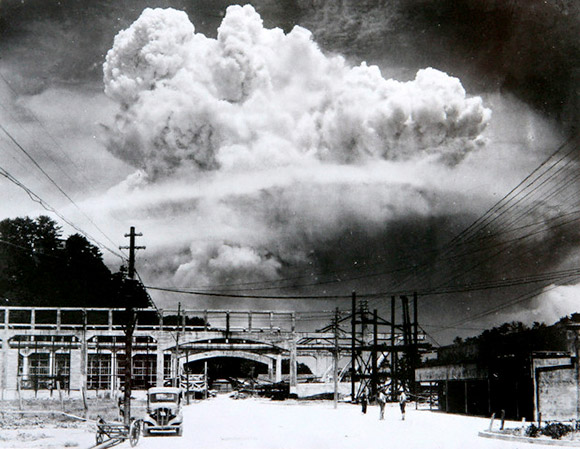 |
| "Mauritania: Leaders of military coup pledge of hold early elections" |
Here's to Ali's health, and to good old-fashioned disrespect. God bless him.
I've got with me all that I need
 |
| "Mauritania: Leaders of military coup pledge of hold early elections" |
 |
| Jesus-free since 2011. |


“I've found myself able to fly away
Without magic feathers or Jefferson Aero Planes
I've got with me all that I need.”
- Relient K
“I will stand at my watch and station myself on the ramparts; I will look to see what he will say to me, and what answer I am to give to this complaint.”
- Habakkuk 2:1
“Ending a sentence with a preposition is something up with which I will not put.”
- Winston Churchill
“You boast, ‘We have entered into a covenant with death, with the grave we have made an agreement. When an overwhelming scourge sweeps by, it cannot touch us, for we have made a lie our refuge and falsehood our hiding place.’ So this is what the Sovereign LORD says: ... ‘Your covenant with death will be annulled; your agreement with the grave will not stand. When the overwhelming scourge sweeps by, you will be beaten down by it.”
- Isaiah 28:15-16, 18
“The word Fascism has now no meaning except in so far as it signifies ‘something not desirable.’”
- George Orwell
“It is the glory of God to conceal a matter; to search out a matter is the glory of kings.”
- Proverbs 25:2
“The paranoid spokesman sees the fate of conspiracy in apocalyptic terms—he traffics in the birth and death of whole worlds, whole political orders, whole systems of human values. He is always manning the barricades of civilization.”
- Richard Hofstadter
“If I want him to remain alive until I return, what is that to you? You must follow me.”
- John 21:22
“No plan is going to save the world. Your job is to stand in the gap.”
- Dr. David Holt
“Recite to them the truth of the story of the two sons of Adam. Behold! they each presented a sacrifice (to Allah): it was accepted from one, but not from the other. Said the latter: ‘Be sure I will slay you.’ ‘Surely,’ said the former, ‘Allah accepts of the sacrifice of those who are righteous. If you stretch your hand against me, to slay me, it is not for me to stretch my hand against you to slay you: for I do fear Allah, the Cherisher of the Worlds.’”
- The Qur’an, Sura 5:27-28
“And now we are stirring up the question whether or not Islam is a warlike religion, ignoring the question, much more urgent for us, whether or not Christianity is a warlike religion.”
- Wendell Berry, 2003
“They sit in order, and it is brought to them very hot, in porcelain cups holding four or five ounces each. Every man takes his own in hand, cooling and sipping it. It is black and rather tasteless, and, although some good qualities are ascribed to it, none are proven.”
- Pedro Teixeira, describing his first encounter with coffee in
“I am the LORD, and there is no other. I have not spoken in secret, from somewhere in a land of darkness; I have not said to Jacob’s descendants, ‘Seek me in vain.’ I, the LORD, speak the truth; I declare what is right.”
- Isaiah 45:18-19